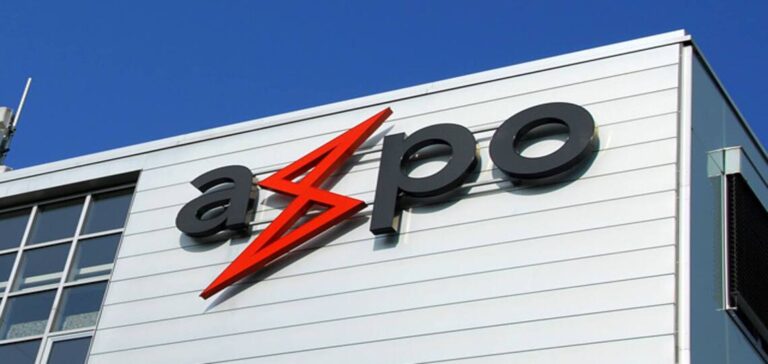Switzerland grants Axpo, a Swiss energy distribution and production company, a subordinated credit line of up to CHF 4 billion. This gesture provides economic support to the company and the energy sector in a context of crisis.
The Swiss energy sector, between tension and help
The energy sector has been under pressure for months. Thus, since the fourth quarter of 2021, European energy markets have been experiencing unprecedented turbulence. The situation has intensified considerably in recent weeks.
Compared to September 2021, wholesale electricity prices have increased tenfold. Price fluctuations reaching new records in recent days. This extreme situation and its continued unpredictability has had a profound impact on the liquidity needs of all market participants.
In many European countries (e.g., the Czech Republic, France, Finland, Germany, Spain, and Sweden), governments have already taken steps to temporarily provide energy companies with sufficient liquidity or are taking other support measures. There is no drawdown on the line of credit at this time.
At the beginning of September, Axpo’s Board of Directors and management decided to apply for a credit line of up to CHF 4 billion. The Federal Council and the Finance Delegation approved this request. This allows us to have energy guarantees.
The line of credit is subordinated to existing financing and does not require any guarantee. With this credit line, Axpo is in a position to cover the collateral requirements of its long-term electricity supply contracts with customers should the situation worsen further. As well as continuing to contribute to the security of Switzerland’s energy supply.
As of 5 September 2022, Axpo had more than CHF 2 billion in liquid assets. A conservative hedging strategy results in an increased need for temporary guarantees. This tactic secures the Swiss energy sector.
Axpo’s energy production
The energy sector does have some safeguards. Axpo and other European electricity companies cover their own production several years in advance.
This is a widespread and internationally recognized hedging strategy. Axpo applies this in a prudent manner by selling the electricity generated by its Swiss power plants several years in advance.
This minimizes the company’s future price risk. Axpo’s customers also benefit from this. Its customers can secure a supply of energy at a predictable price through long-term power purchase agreements.
In the current situation, Axpo customers who have concluded such agreements benefit from relatively low and stable prices and do not have to buy electricity at the current record prices.
In fact, guarantees are required on long-term power supply contracts. These funds are returned to the company once the contract is fulfilled. The amount of funds depends largely on the level of electricity prices.
The price increases of recent months, especially in recent weeks, have led to a massive increase in liquidity needs across the European energy sector.
In this difficult environment, Axpo is benefiting from its broad diversification in terms of geographical markets and range of business activities. The Swiss energy sector is thus under stress but supported by the government. However, at the same time, Switzerland wants to develop renewable energies.






















